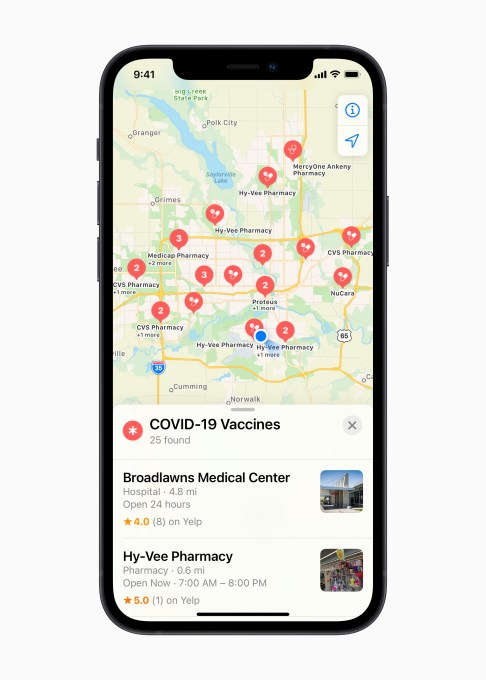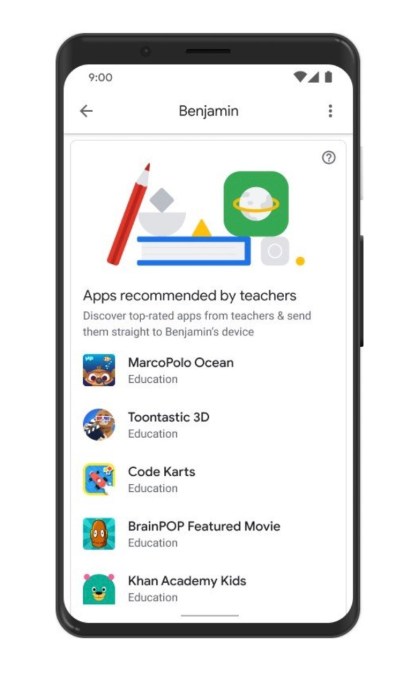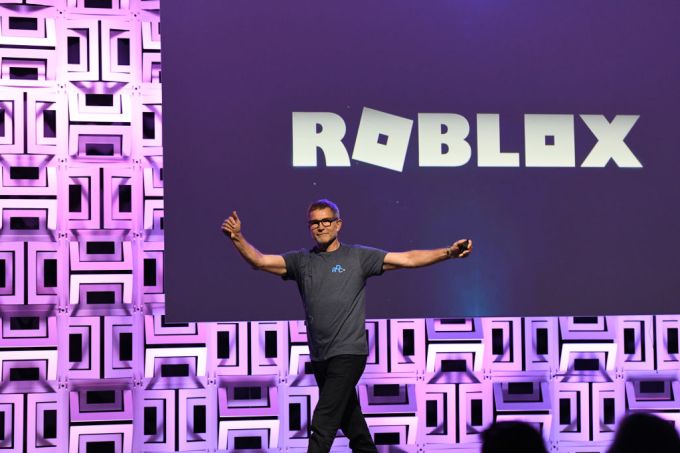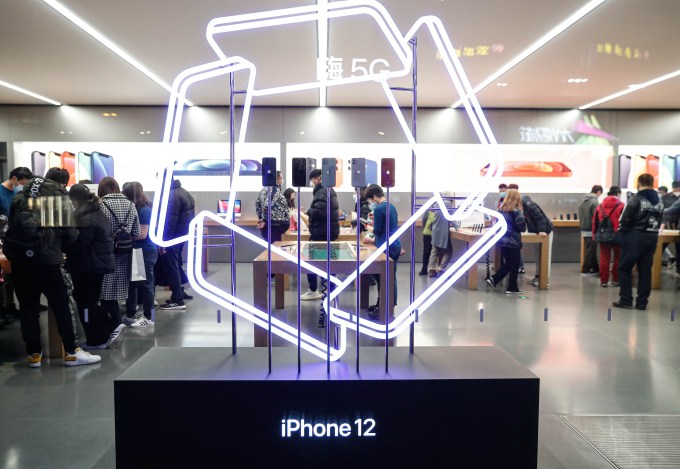Amazon is apparently pleased with how its Amazon Care pilot in Seattle has gone, since it announced this morning that it will be expanding the offering across the U.S. this summer, and opening it up to companies of all sizes, in addition to its own employees. The Amazon Care model combines on-demand and in-person care, and is meant as a solution from the search giant to address shortfalls in current offering for employer-sponsored healthcare offerings.
In a blog post announcing the expansion, Amazon touted the speed of access to care made possible for its employees and their families via the remote, chat and video-based features of Amazon Care. These are facilitated via a dedicated Amazon Care app, which provides direct, live chats via a nurse or doctor. Issues that then require in-person care is then handled via a house call, so a medical professional is actually sent to your home to take care of things like administering blood tests or doing a chest exam, and prescriptions are delivered to your door as well.
The expansion is being handled differently across both in-person and remote variants of care; remote services will be available starting this summer to both Amazon’s own employees, as well as other companies who sign on as customers, starting this summer. The in-person side will be rolling out more slowly, starting with availability in Washington, D.C., Baltimore, and “other cities in the coming months” according to the company.
As of today, Amazon Care is expanding in its home state of Washington to begin serving other companies. The idea is that others will sing on to make Amazon Care part of its overall benefits package for employees. Amazon is touting the speed advantages of testing services, including results delivery, for things including COVID-19 as a major strength of the service.
The Amazon Care model has a surprisingly Amazon twist, too – when using the in-person care option, the app will provide an updating ETA for when to expect your physician or medical technician, which is eerily similar to how its primary app treats package delivery.
While the Amazon Care pilot in Washington only launched a year-and-a-half ago, the company has had its collective mind set on upending the corporate healthcare industry for some time now. It announced a partnership with Berkshire Hathaway and JPMorgan back at the very beginning of 2018 to form a joint venture specifically to address the gaps they saw in the private corporate healthcare provider market.
That deep pocketed all-star team ended up officially disbanding at the outset of this year, after having done a whole lot of not very much in the three years in between. One of the stated reasons that Amazon and its partners gave for unpartnering was that each had made a lot of progress on its own in addressing the problems it had faced anyway. While Berkshire Hathaway and JPMorgan’s work in that regard might be less obvious, Amazon was clearly referring to Amazon Care.
It’s not unusual for large tech companies with lots of cash on the balance sheet and a need to attract and retain top-flight talent to spin up their own healthcare benefits for their workforces. Apple and Google both have their own on-campus wellness centers staffed by medical professionals, for instance. But Amazon’s ambitious have clearly exceeded those of its peers, and it looks intent on making a business line out of the work it did to improve its own employee care services — a strategy that isn’t too dissimilar from what happened with AWS, by the way.
from Apple – TechCrunch https://ift.tt/30P49g2




